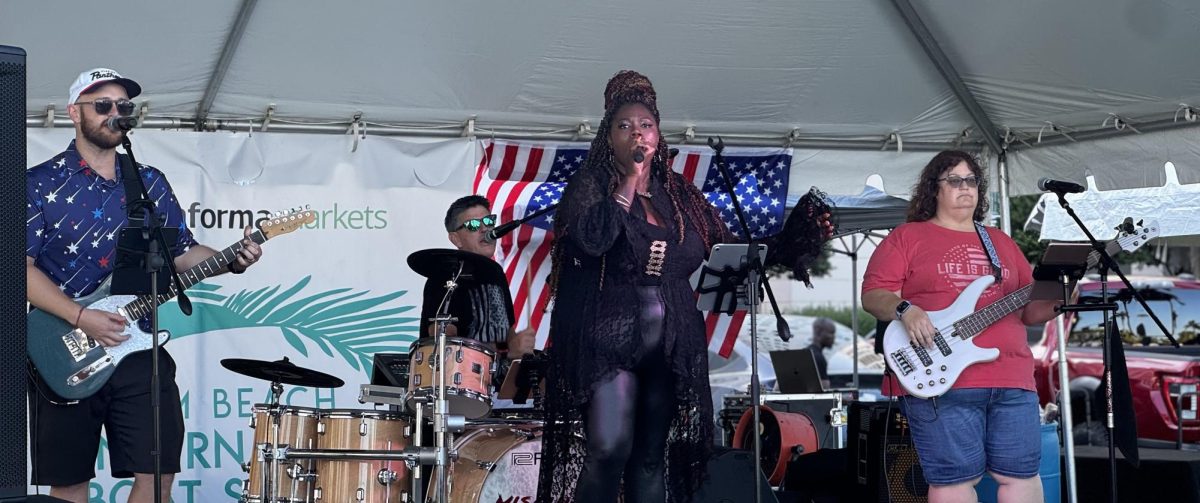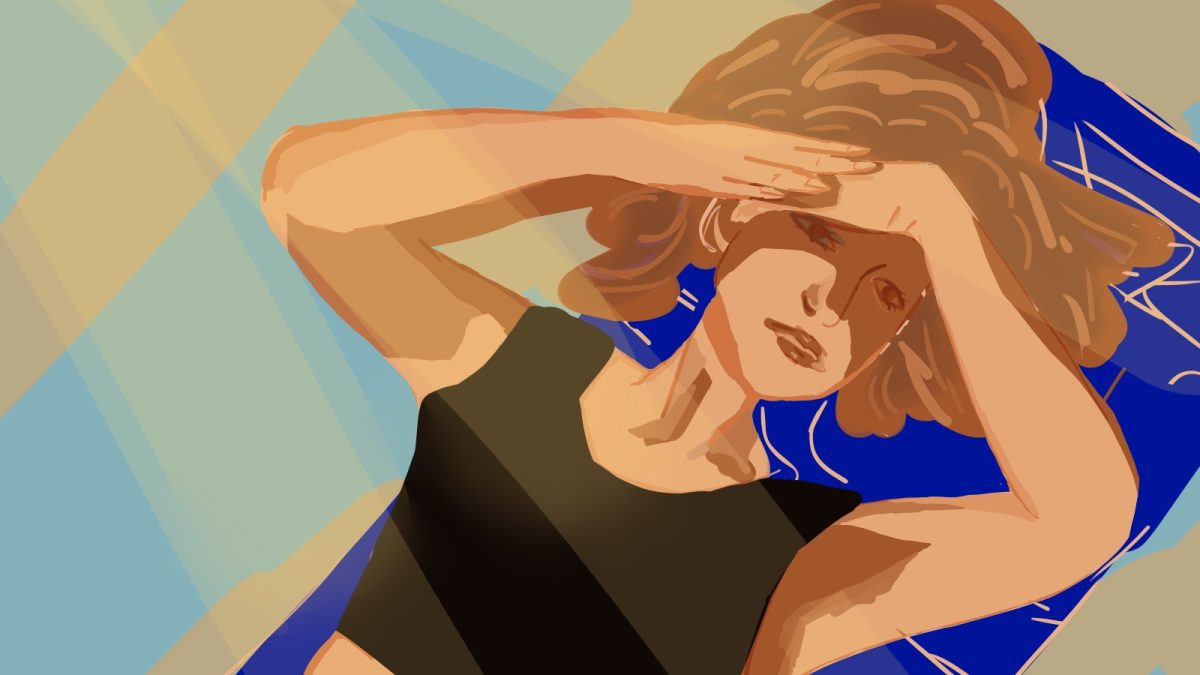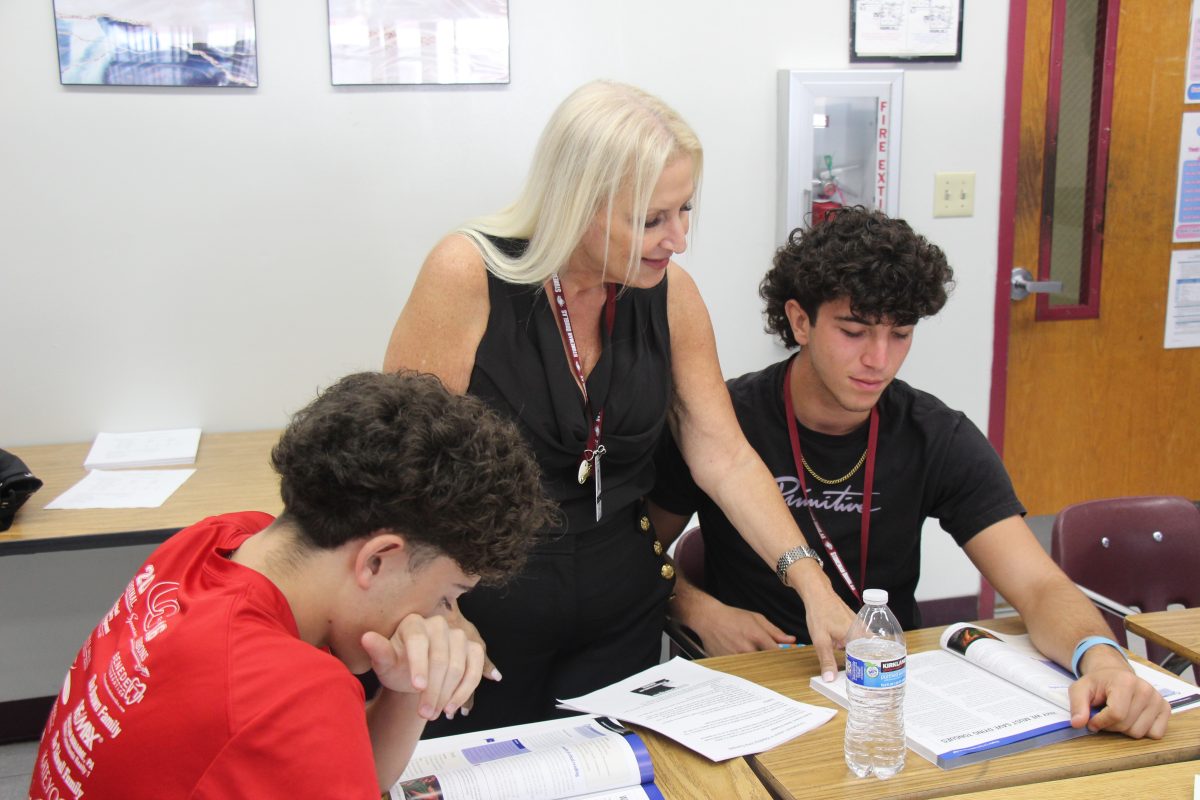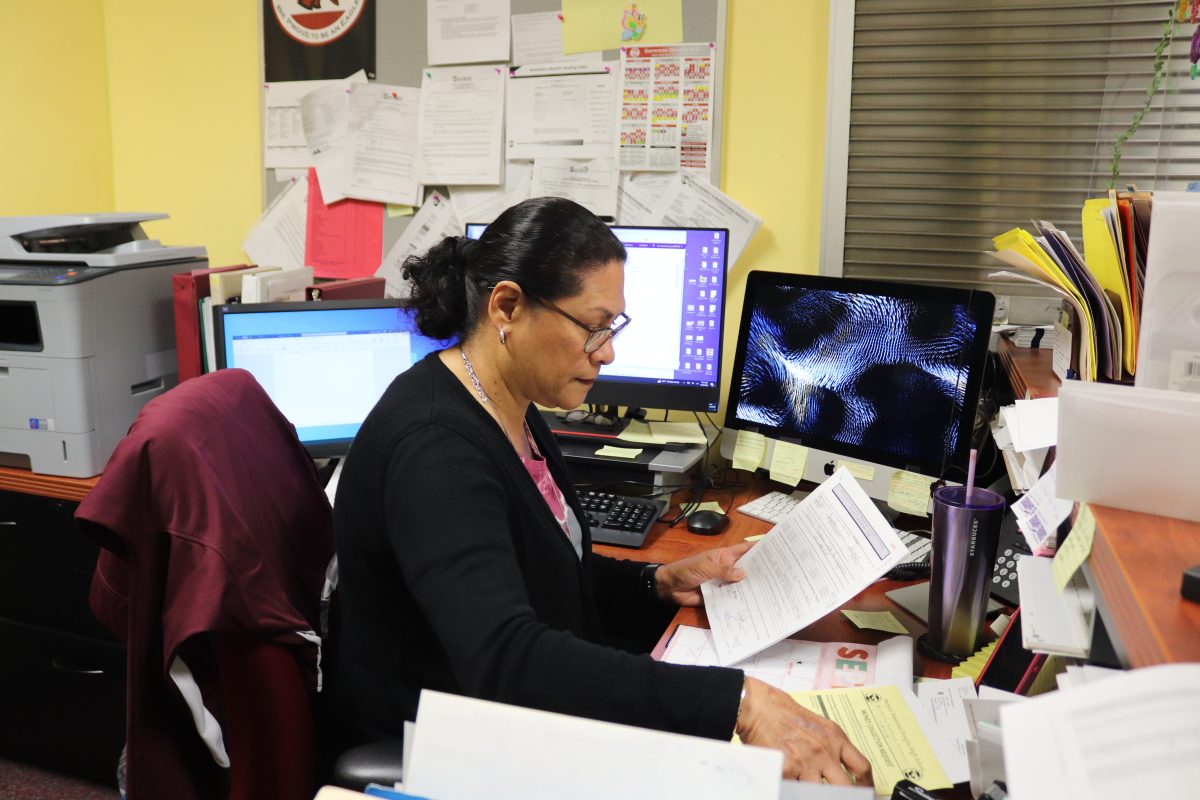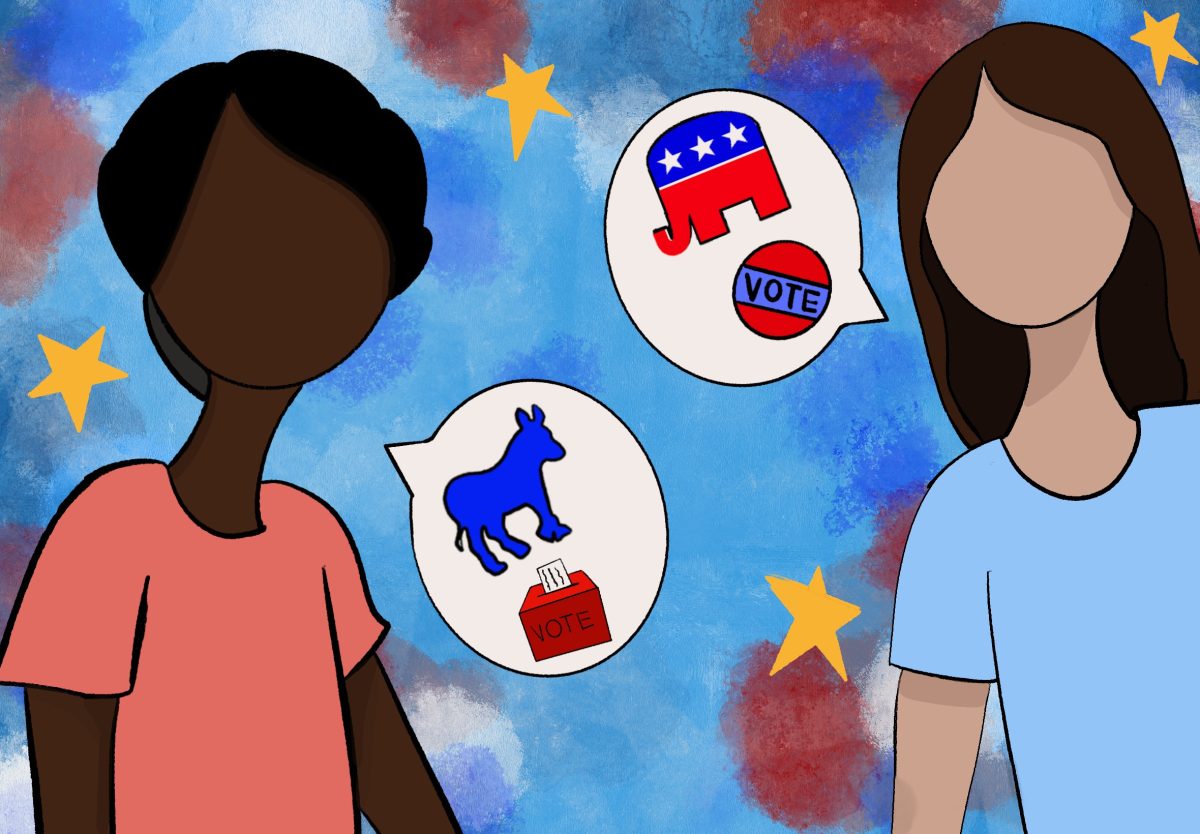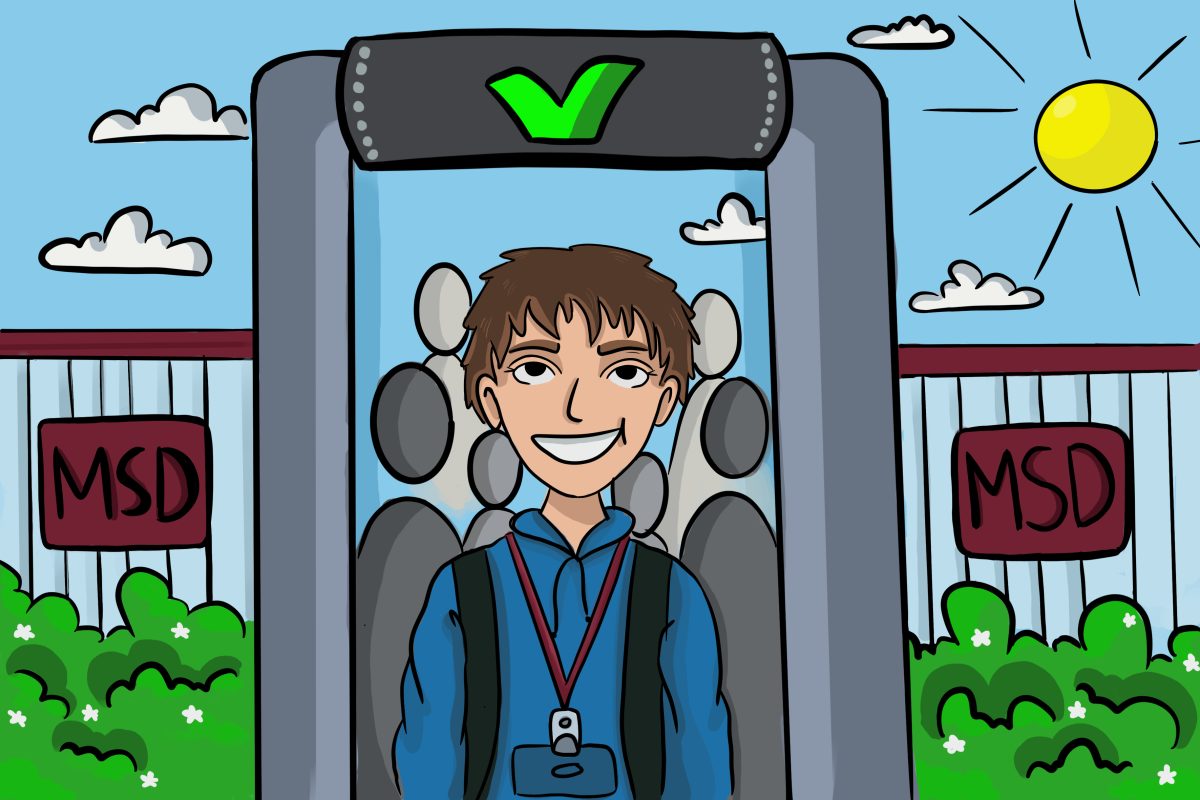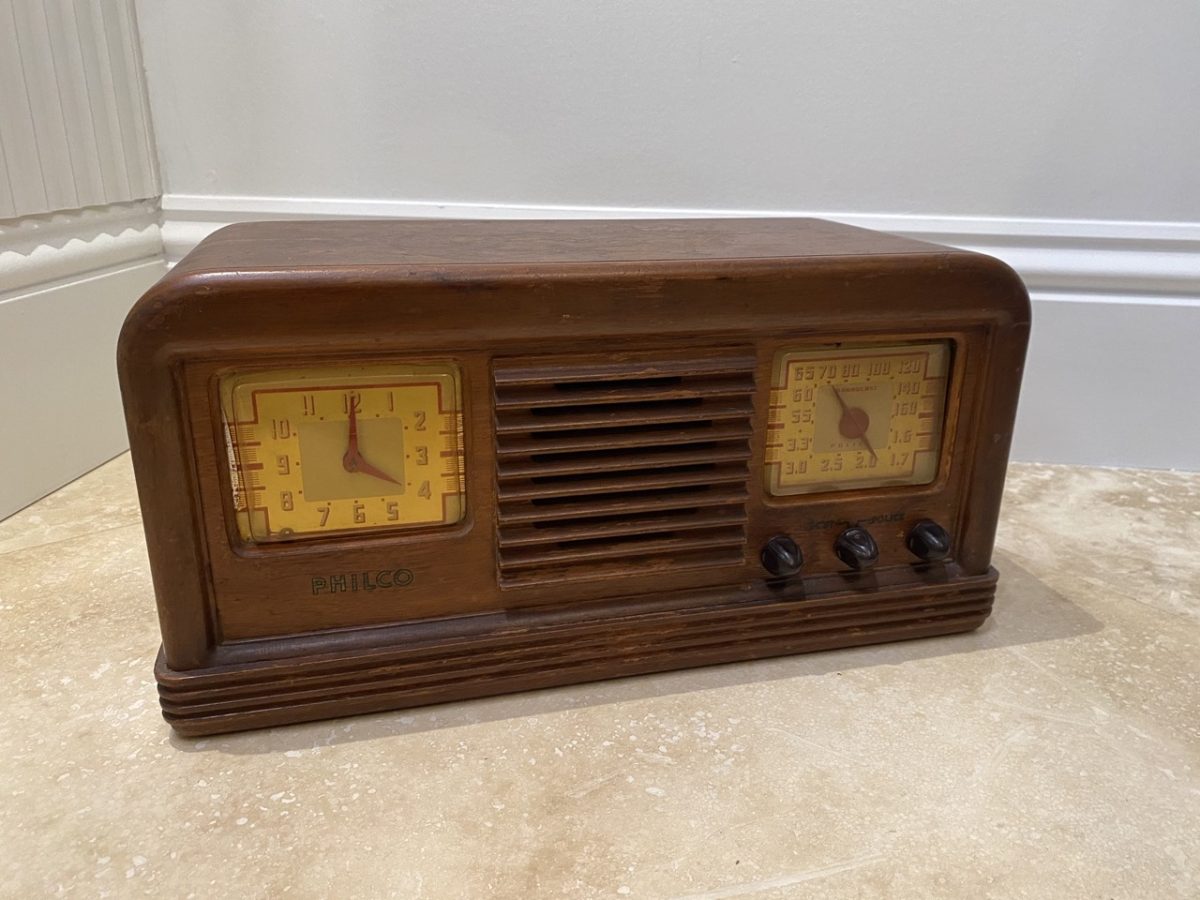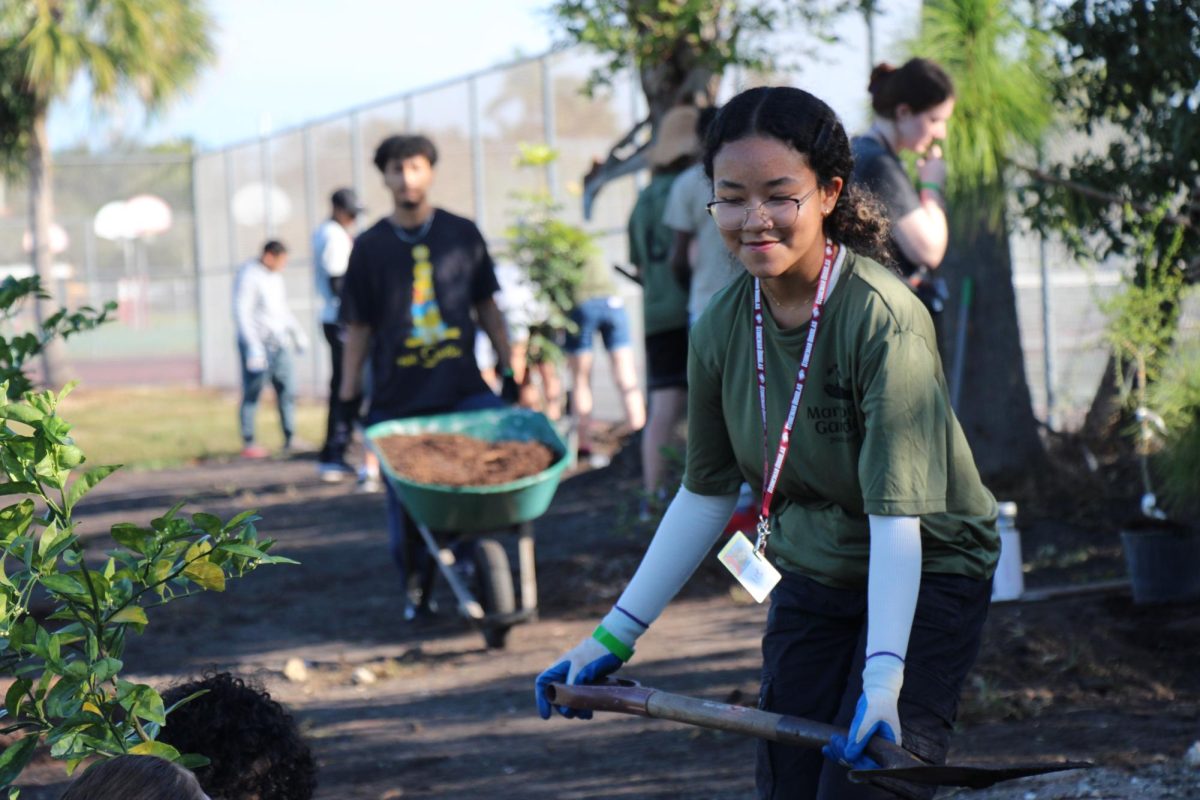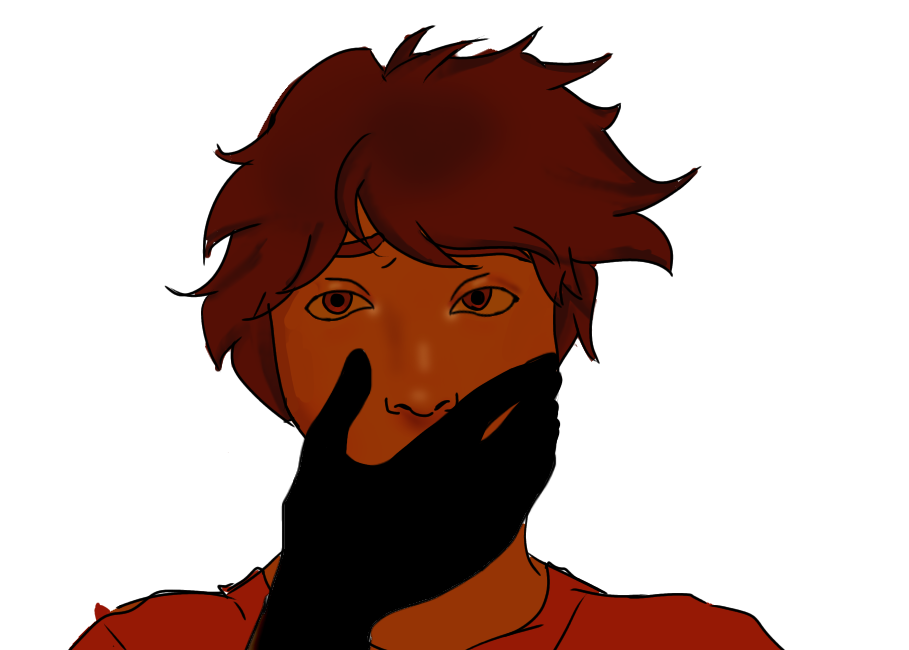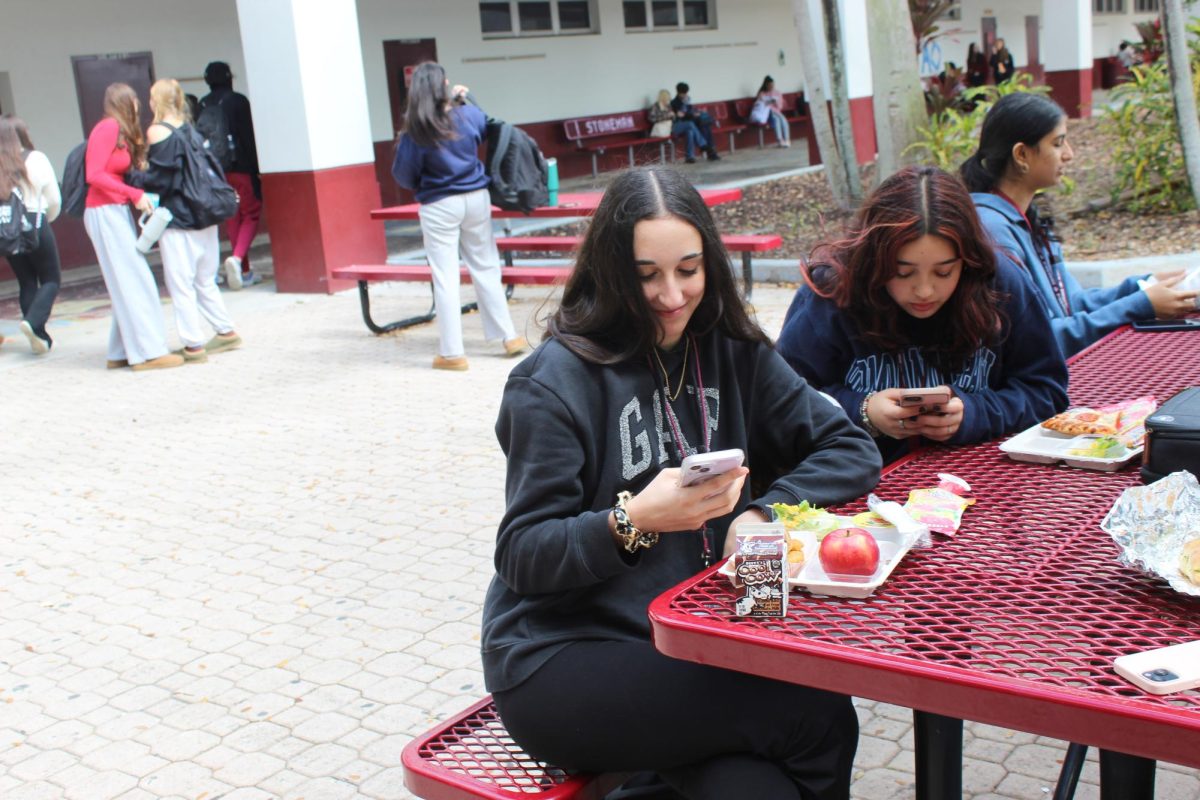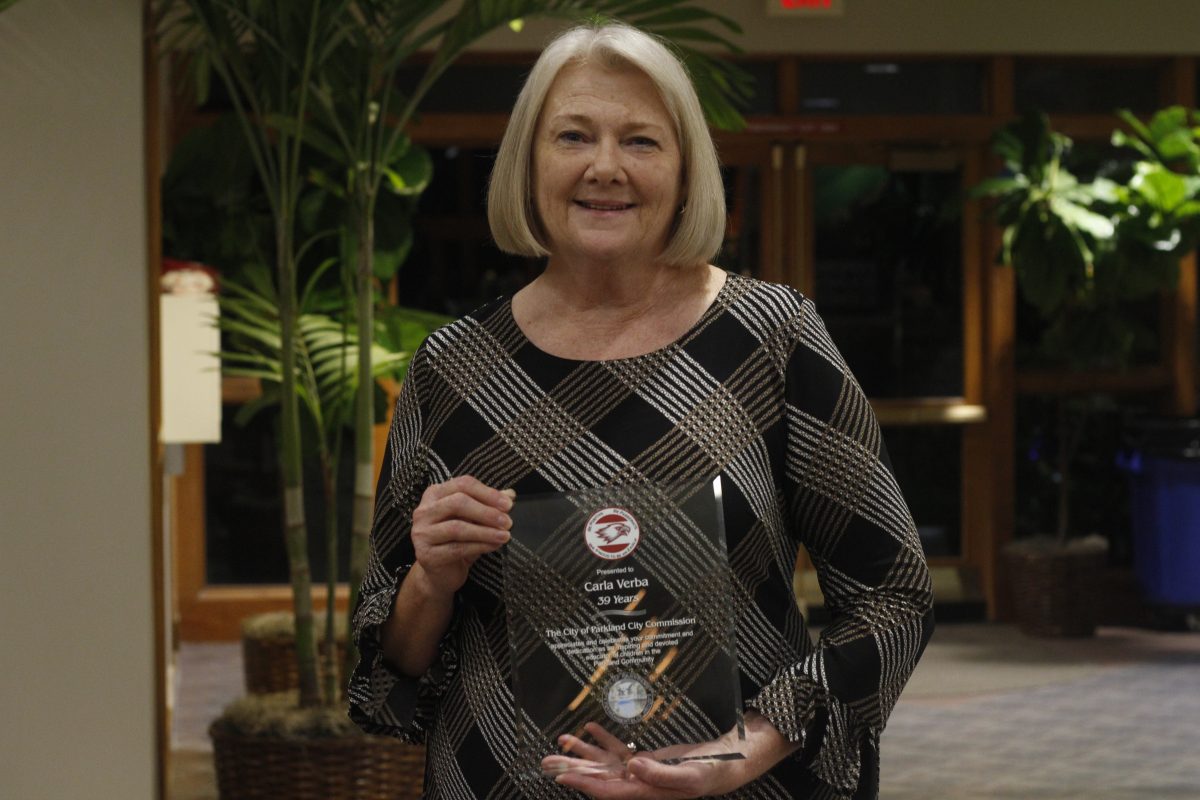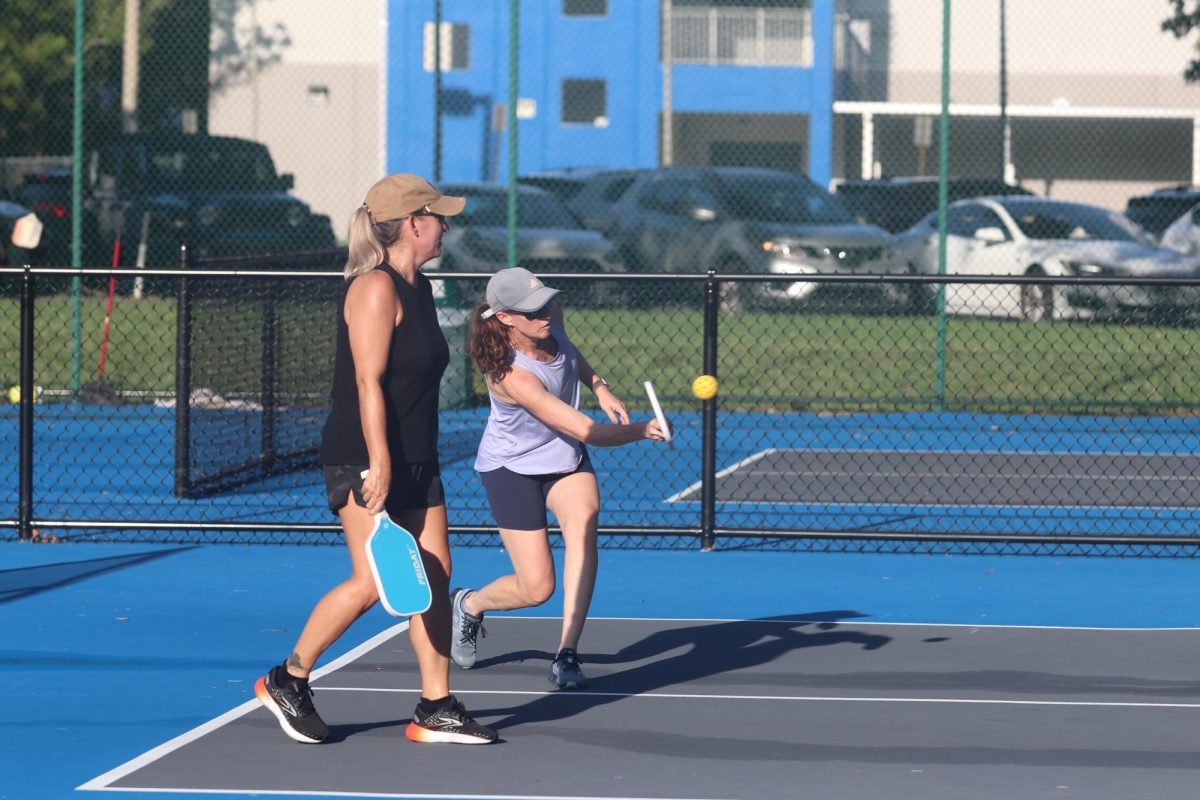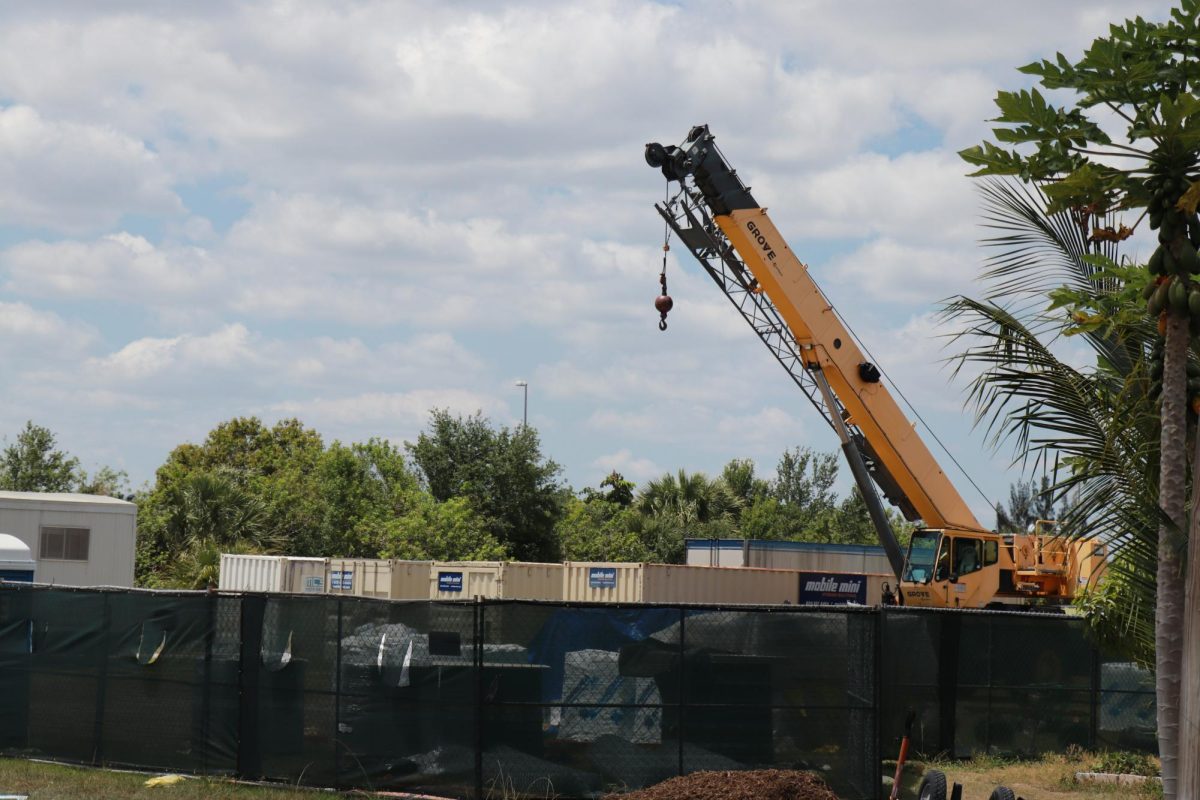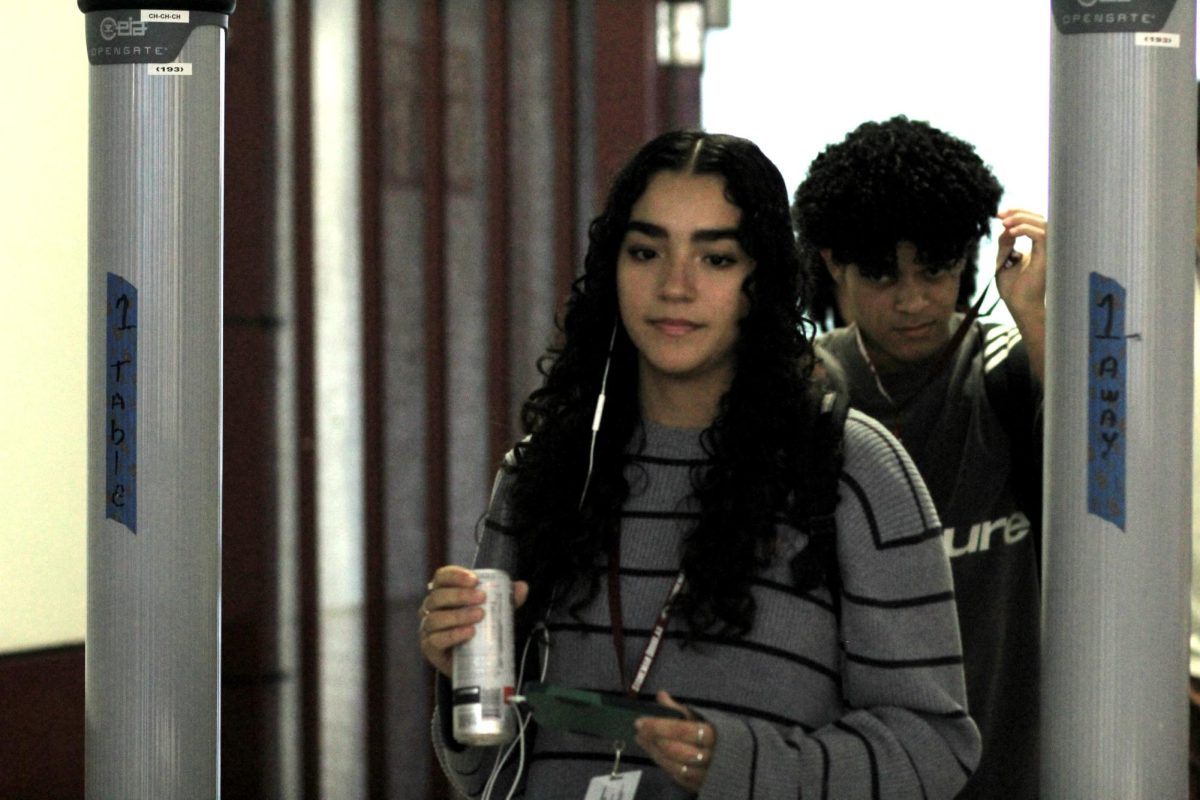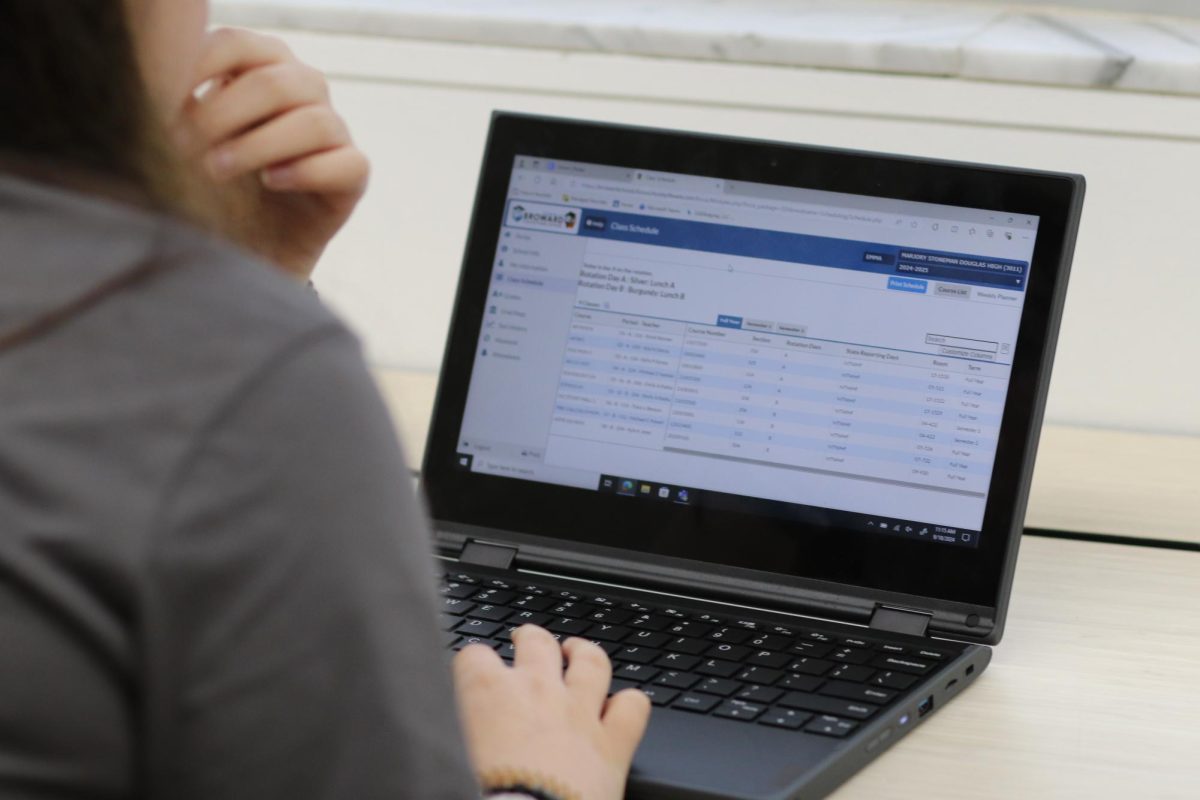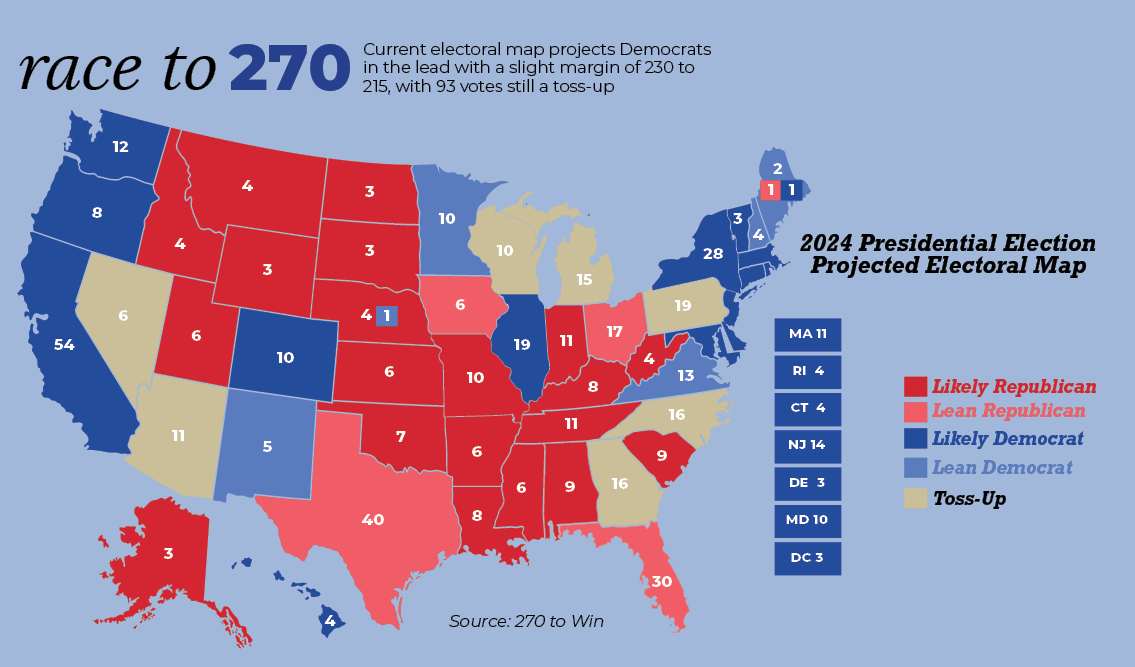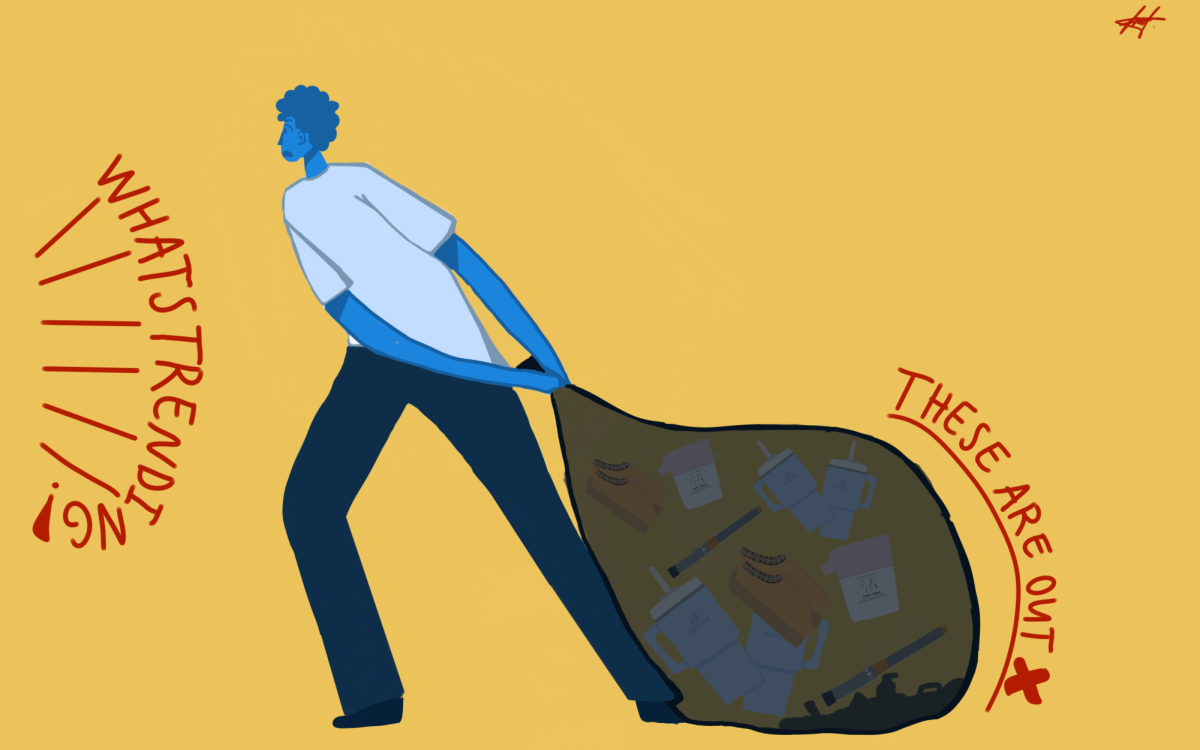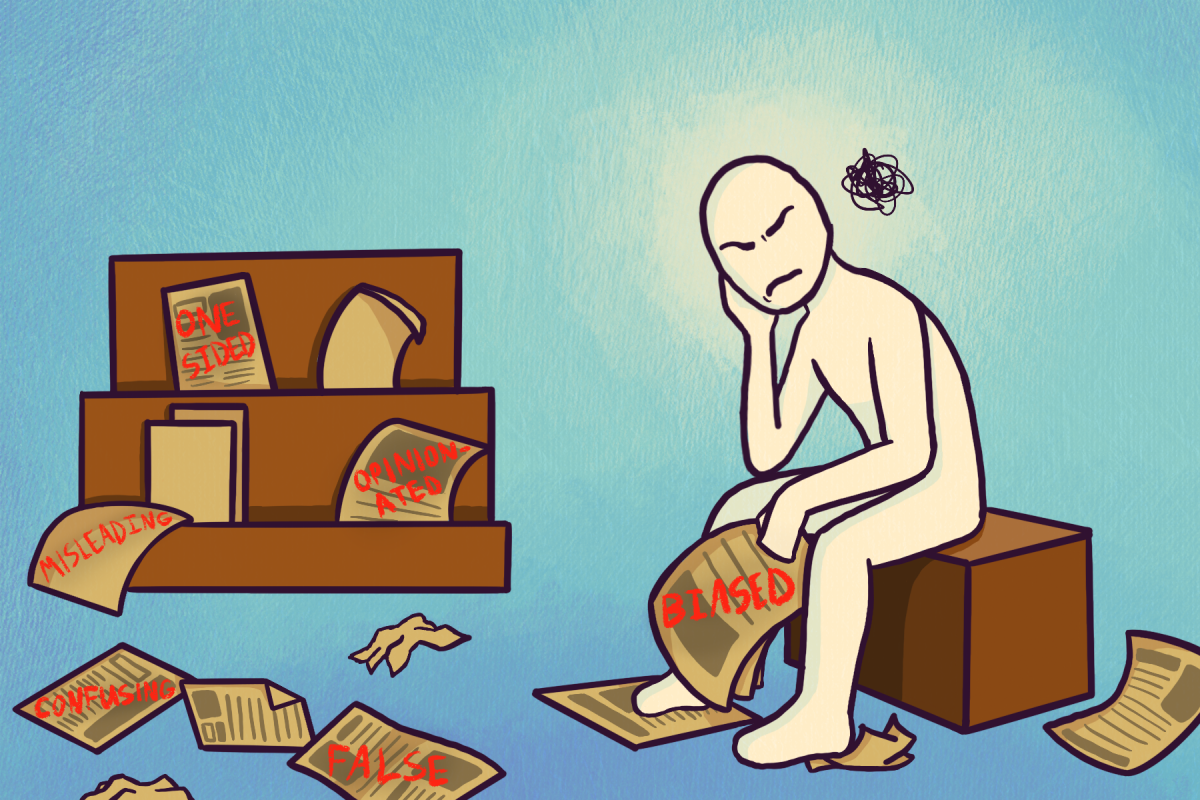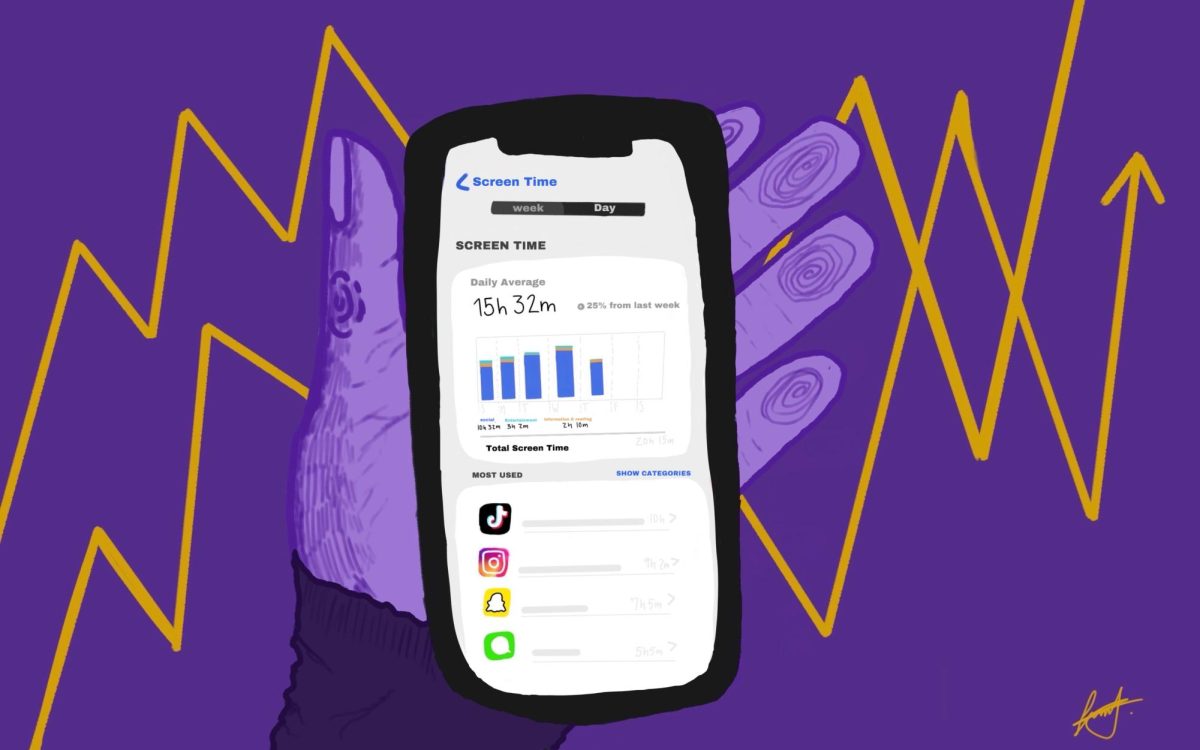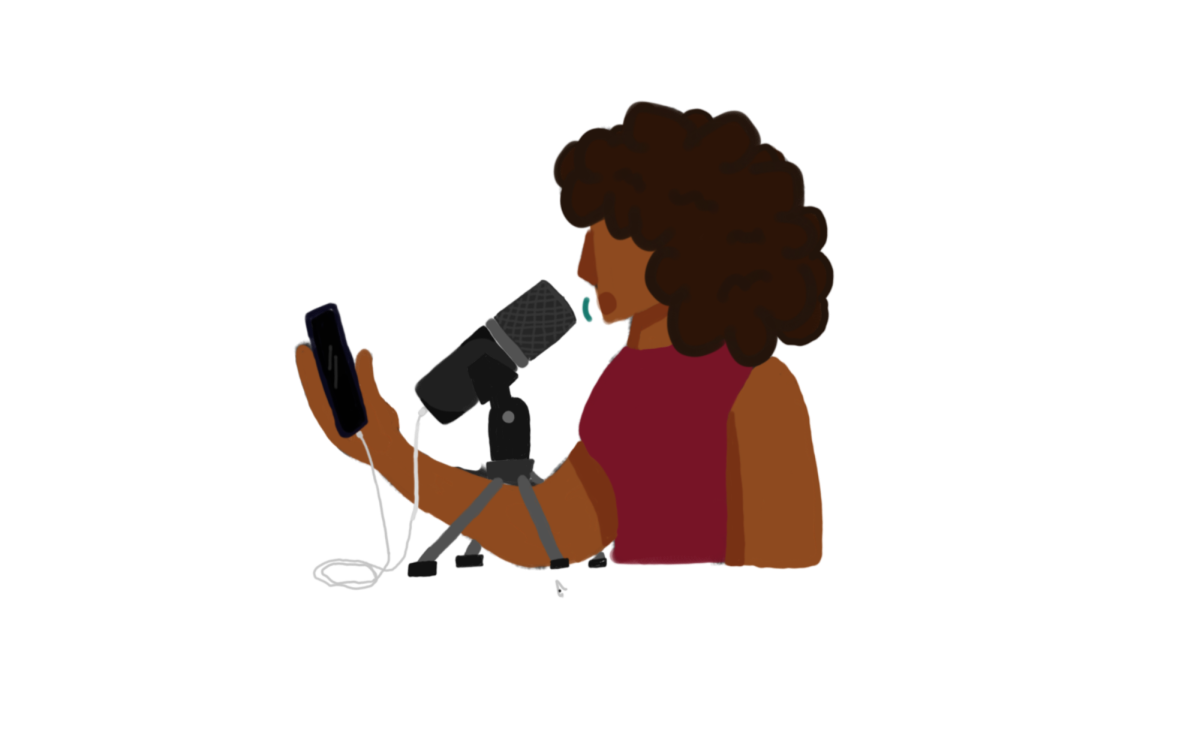Having been granted the position of assistant principal this year, Robert Johnson plays an integral role in daily life at Marjory Stoneman Douglas High School. Seeking to build bonds with students and create a learning environment in which they feel constantly valued and supported, Johnson is unfailingly dedicated to his position here. From collaborating with other members of school administration to dealing with disciplinary issues, he feels he helps run the school in the most efficient and inclusive manner possible.
What does your job as assistant principal entail?
I oversee the 11th grade and the English Language Arts/Reading department. Some of my other responsibilities are professional development, acceleration and School Advisory Council. The most important aspect of my job has to do with teaching and learning. I make sure that teachers have the requisite technology at their disposal and work with students on an individual basis to make sure that they have everything they need to be successful.
What tasks must you perform that you dislike, and why do you dislike them?
I won’t lie, I struggled with this question. I think the most honest response I can give is that I hate doing computer work. I prefer to be in front of people and helping them. The time I have to spend on the computer is what I dislike the most. My wife works from home most of the time, and I would absolutely hate that.
What are some aspects of your job that you look forward to doing, and why do you look forward to doing them?
My favorite part of the job is when I have kids in my office and we get a chance to connect. I don’t care if it’s for a disciplinary issue or because I saw them doing something good and want to give them some type of reward. When I think back to my teachers or administrators in school, I don’t remember much of what they taught; I remember how they made me feel. My hope is that I give some positivity to the kids that come in contact with me.
What prompted your decision to work in school administration, and how did you get into it?
I wasn’t the type of person that wanted to go into teaching or education when I was in high school. I selected education as a second major and back up plan but ended up really having a passion for it. My career path wasn’t the most traditional. I spent a few years as a sales manager overseeing a team and—when I eventually made my way back into education—I took those skills with me and it ended up working out.
What were you doing when you first began working in education, and how have you managed to further your career to where it is today?
My first ever job in education was a teacher assistant at a charter school in an inner city in New Jersey. As far as furthering my career, I have been very fortunate to meet the right people at the right time. I say that, but I have also worked very hard. If you’ve ever been in my office and we talk about your future, odds are you’ve heard me say the line ‘the harder you work the luckier you get.’
Was being an assistant principal always your goal and how does it feel knowing that you have achieved it?
Always? No. I would say it was my goal for the last 5-7 years or so. I genuinely can’t answer how it feels to accomplish this goal. I’ve sacrificed and done a lot of different things to get here. I would say I feel very lucky and fortunate to be where I am with the people I am with. I have had jobs that I have hated and worked for companies that I hated. To be able to work for a great school, in a great area, with great people; I am blessed.
What are some hardships you’ve overcome to get to where you are today, and what have you learned from them?
This is a loaded question for me, personally. Instead of focusing on the hardships I will focus on what I have learned. I have learned that life is not linear; it will lead you to where you need to be and doesn’t care about your plans. As long as you do what you love, you’re in the right place.
What things do you feel are important for students to know and understand about you—personally or professionally?
What students should know about me personally is that I care about their success. I want to see them reach whatever goals they set for themselves. I am rooting for them and want to be a part of their journey.
What would you say is the most significant impact you’ve made here at Marjory Stoneman Douglas High School?
At this point in the year it’s difficult to say. I could talk about how I worked on the literacy plan, genius bar or senior parking, but honestly, what I am most proud of is how I handled the discipline referrals last year. I didn’t just assign consequences and move on; I got to know students and gave them strategies to overcome their struggles and some did. That’s my most significant impact thus far, but there is a lot more to come.
What are some of the things you want to do in the future to further improve our school?
I’d like to see more kids graduate with college credits, whether that’s through Advanced Placement or dual enrollment. I would even like to see more kids graduate with industry certifications. There are so many options out there after high school and the opportunities to get ahead now are unlike any that there were even 20 years ago when I was in school. Kids need to know about and start taking advantage of them.
What do you value most about what you do at MSD?
Without a doubt the students. That’s why we’re all here. I work with a really talented and unbelievably dedicated department in English Language Arts. Working with this group of teachers makes my life as an administrator much easier and they do such an amazing job.
What are some of the ways in which you collaborate with other members of administration to run our school?
We all serve as a sounding board for one another. We ask each other what they would do in certain situations. We may not take the advice, but we factor it into our decision making. One of the things about working for [Principal Michelle] Kefford is that she never admonishes anyone for bringing ideas to the table, almost everything is a group decision.
Finally, what is your life like outside of MSD?
At this point in my life, I spend all my time with my kids. I have a 6-year-old and a 4-year-old. During the week, it’s homework, and on the weekends, it’s karate, gymnastics, play dates and hanging out in the pool.
This story was originally published in the October 2023 Eagle Eye print edition.

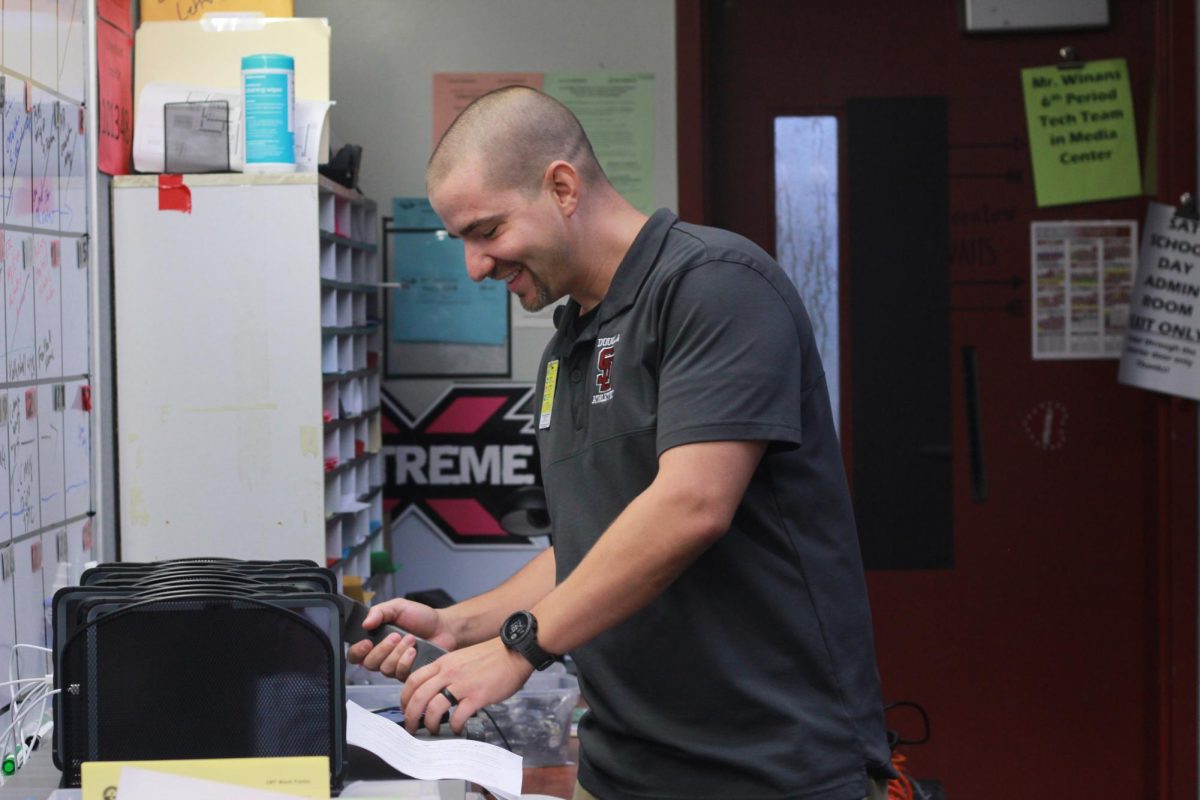

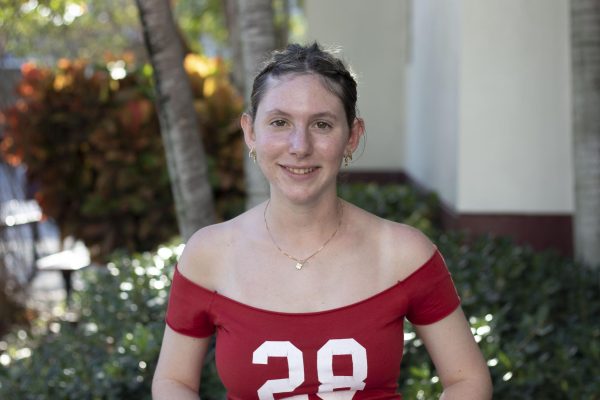
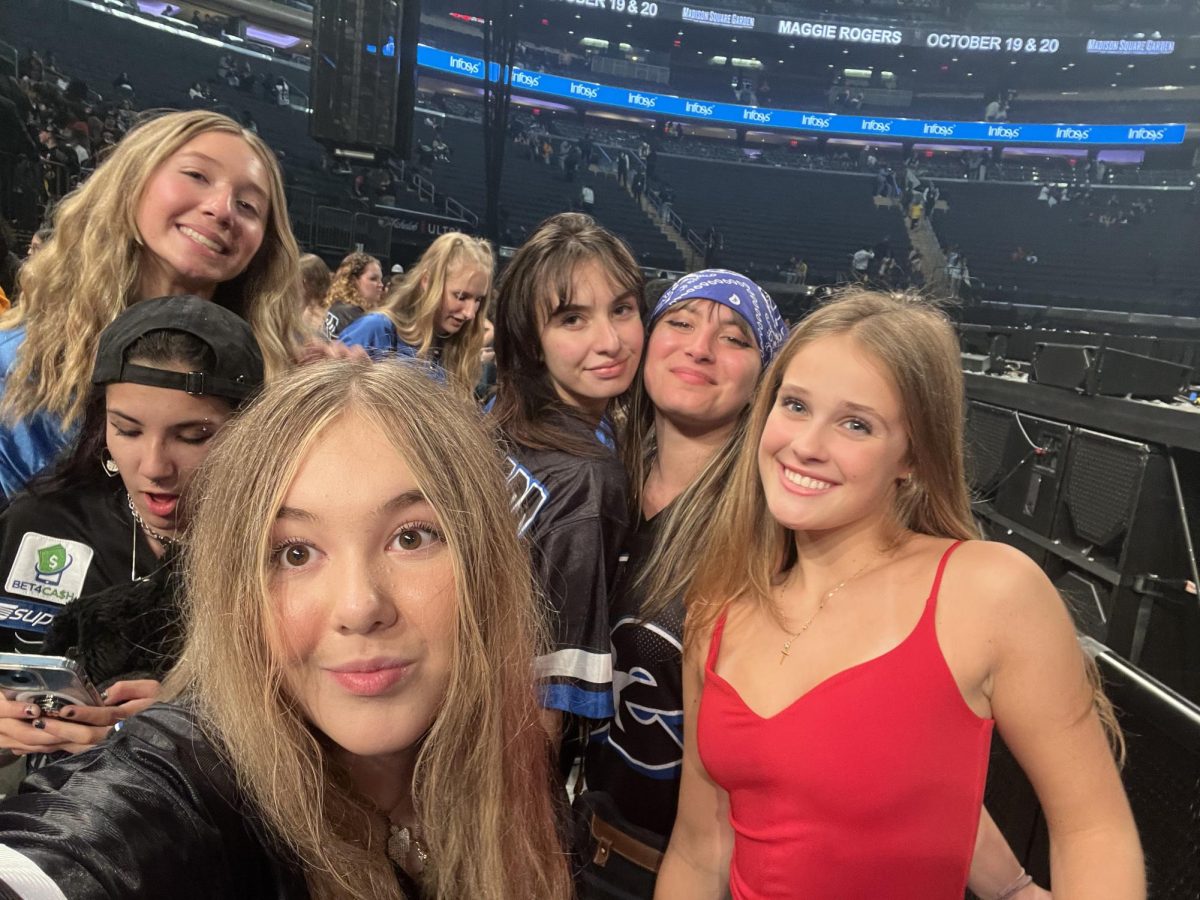
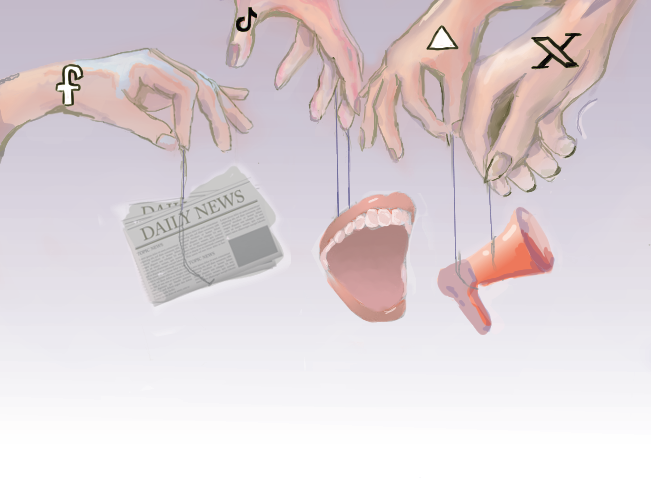
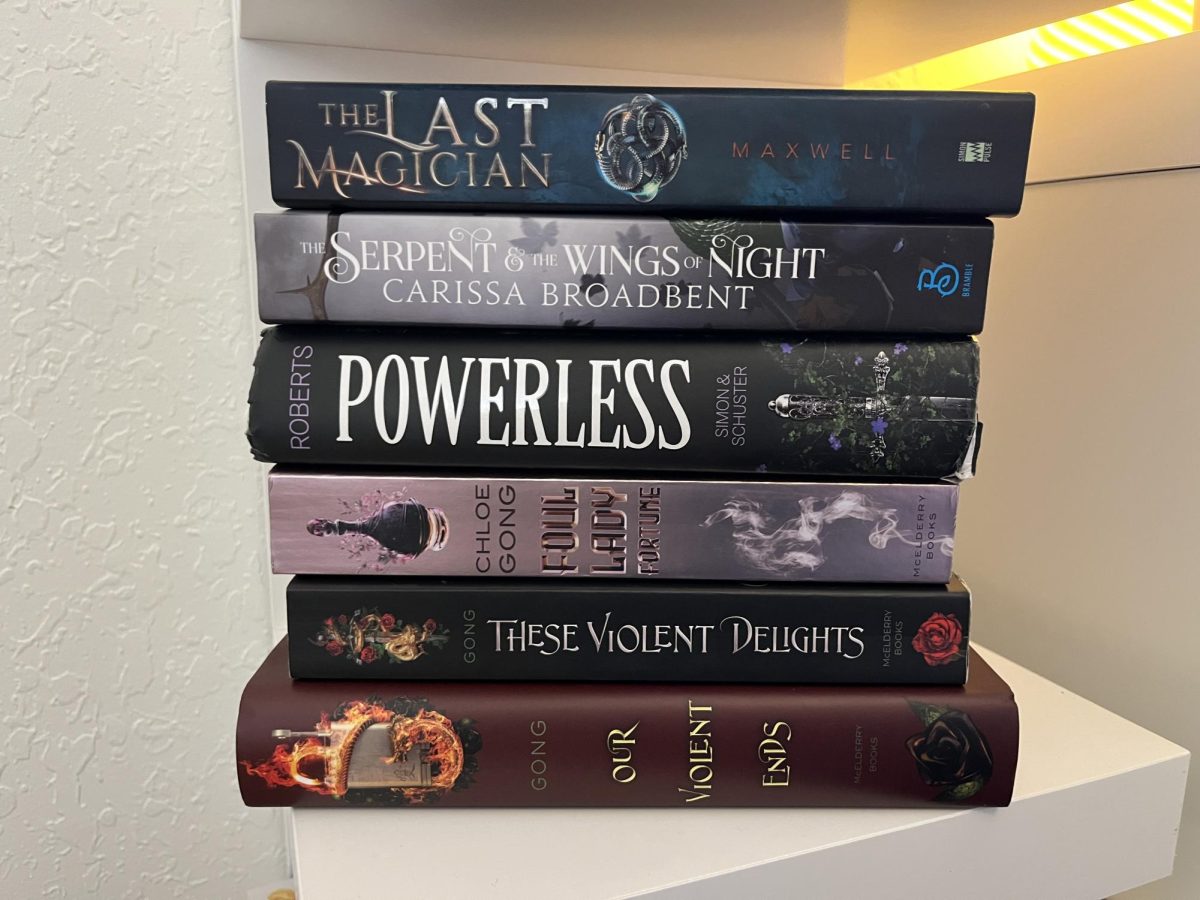
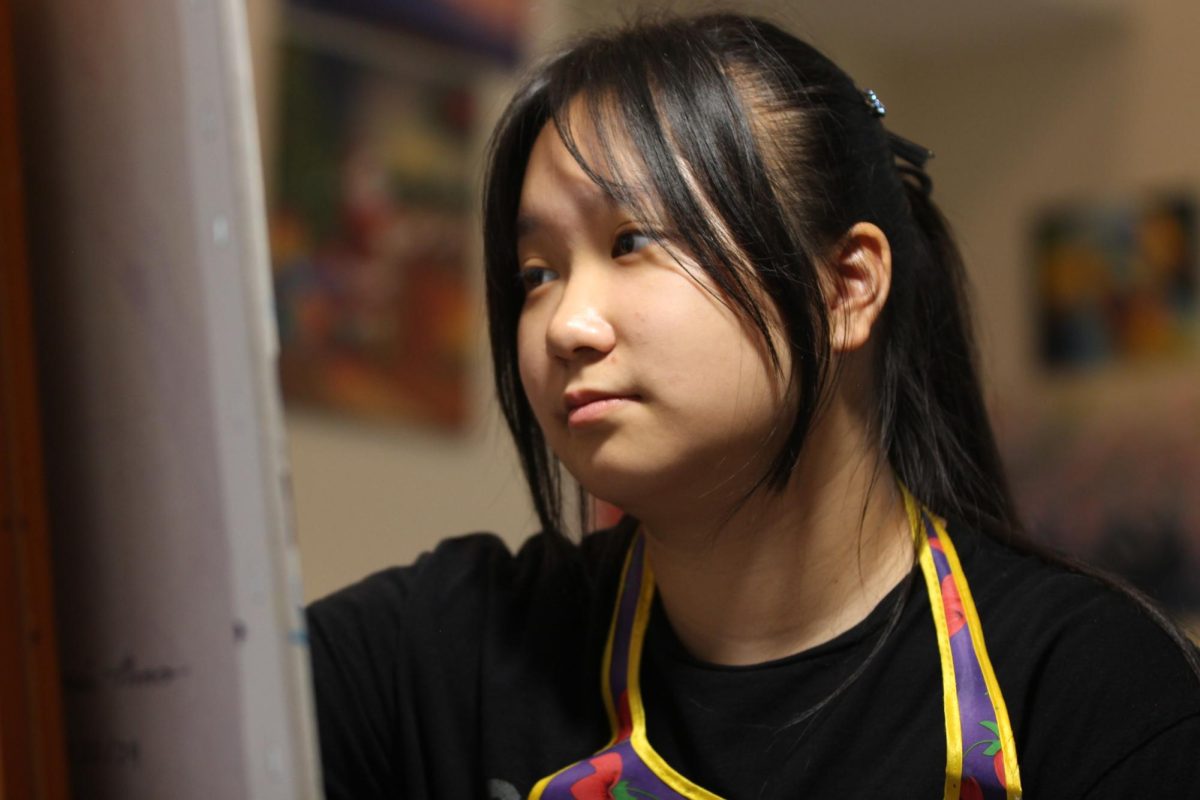
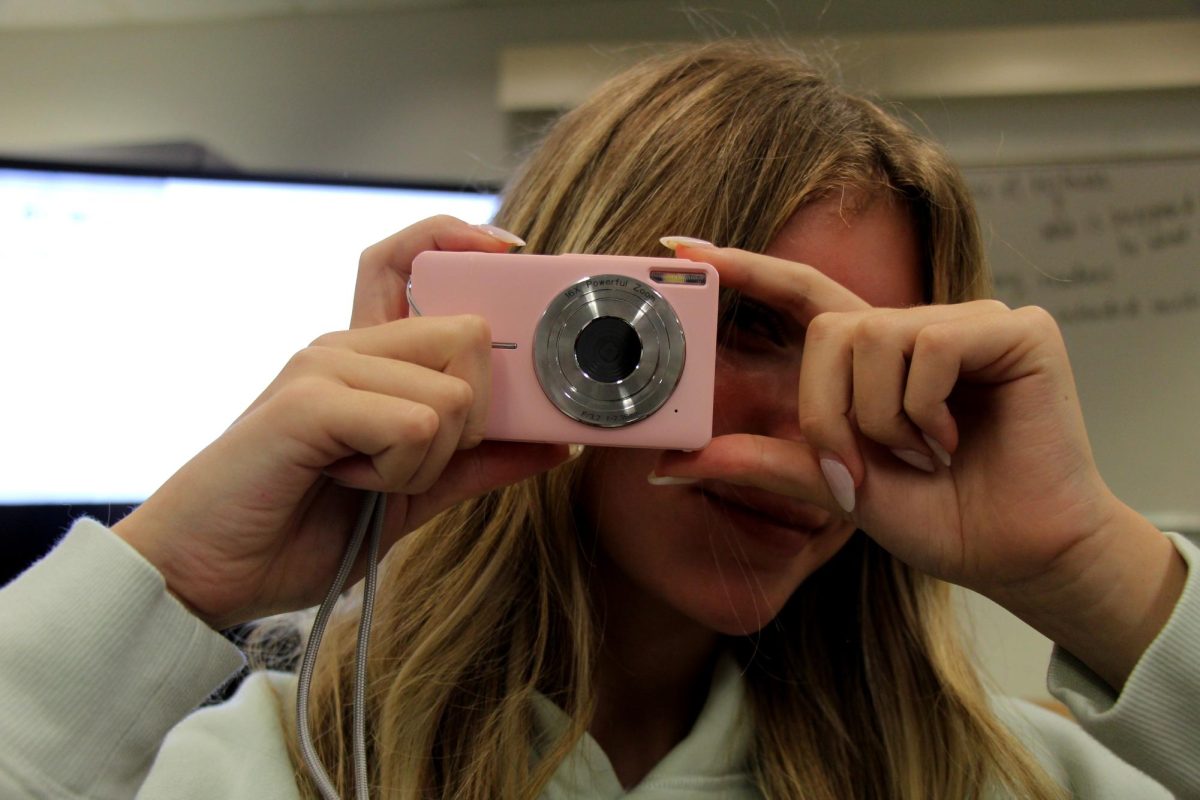
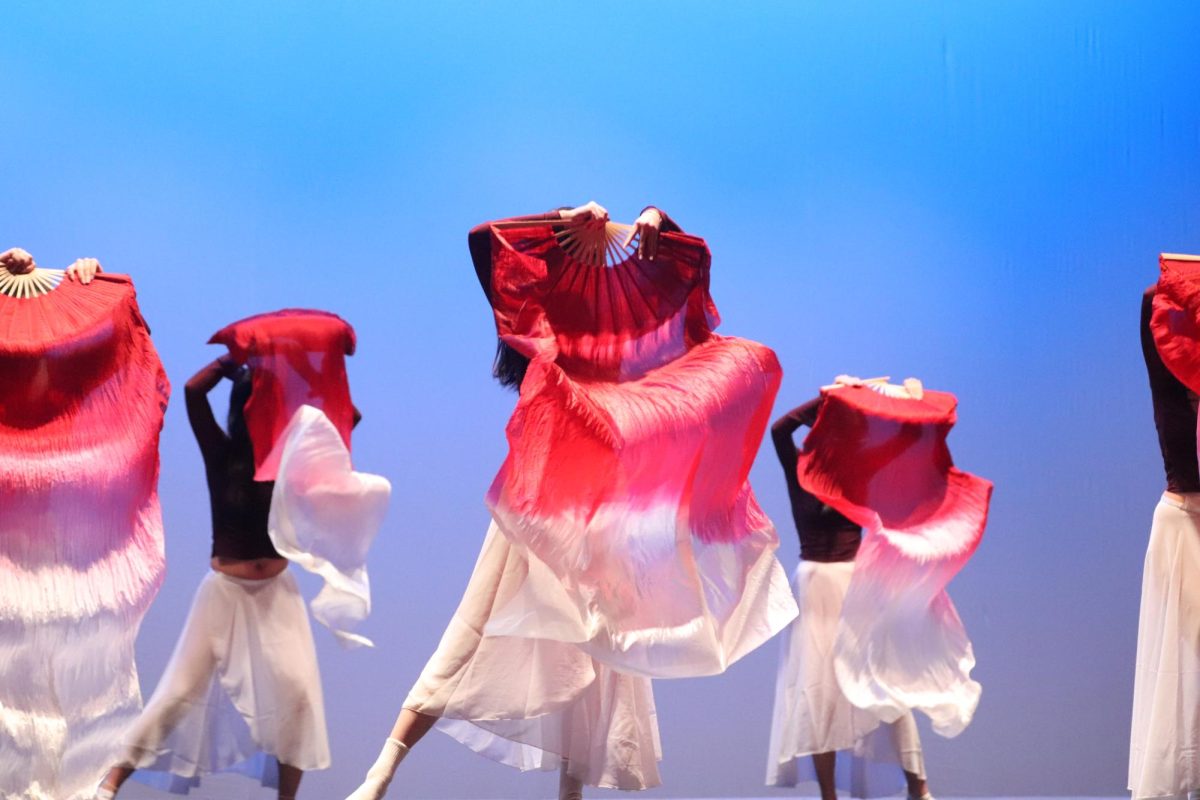
![National Honor Society Sponsor Lauren Saccomanno watches guest speaker Albert Price speak to NHS members. National Honor Society held their monthly meeting with Price on Monday, Nov. 4. "[Volunteering] varies on the years and the month, but we have started a couple new things; one of our officers Grace started a soccer program," Saccomanno said. "We have been able to continue older programs, too, like tutoring at Riverglades. NHS's goal is to have as many service projects as possible."](https://eagleeye.news/wp-content/uploads/2024/11/xNOeKNVwu7aErpVyJHrHogagZUUcLLosjtbIat94-1200x900.jpg)
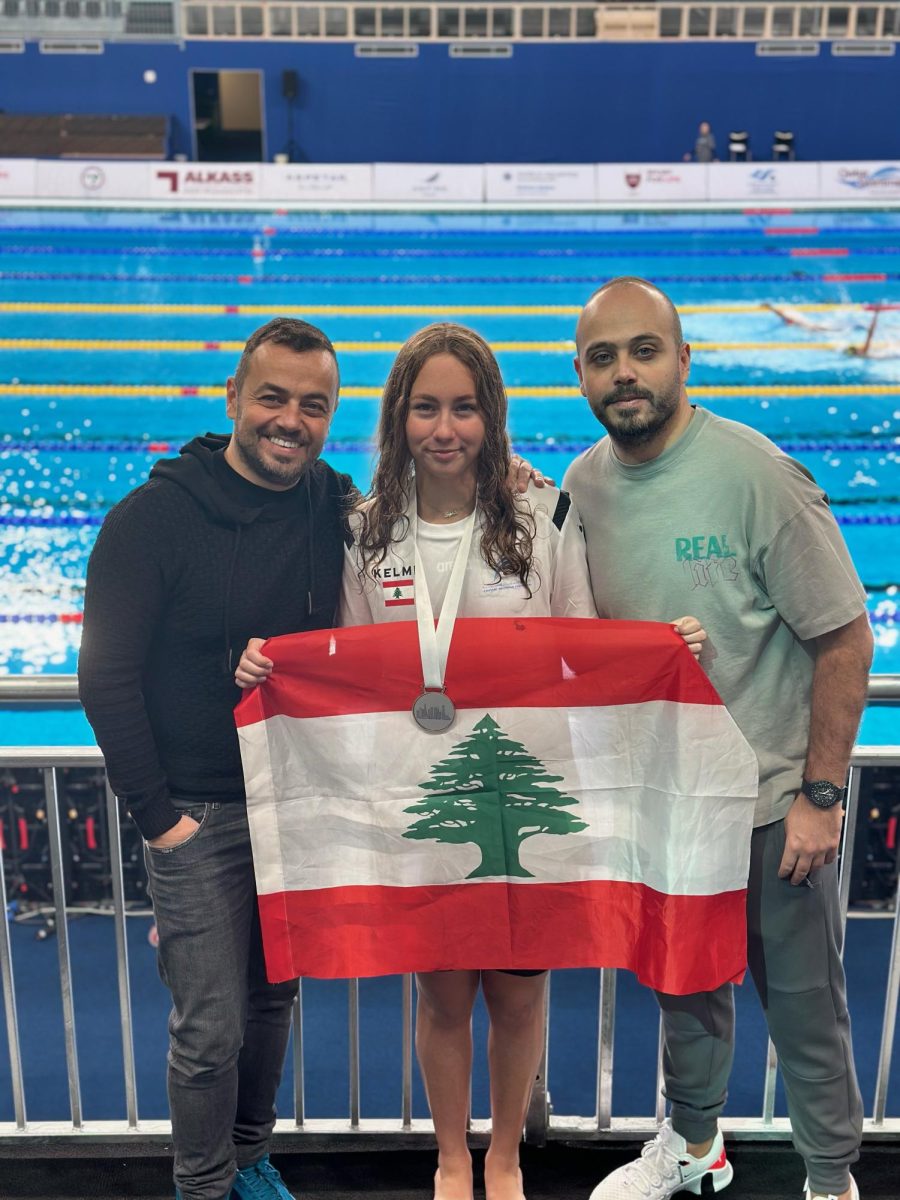
![Ice Ice Baby. Skating to "Waltz" and "Romance" during her long program, figure skater Ava Zubik competes at the Cranberry Open in Massachusetts on Aug. 12, 2022. She scored a total of 86.90 on her short and free skate program, earning fifth place overall. "I try to make it [competing] as fun and enjoyable as I can because it's my senior year, and so I want to really enjoy competitive figure skating while it lasts," Zubik said.](https://eagleeye.news/wp-content/uploads/2024/11/skater1-799x1200.jpg)
